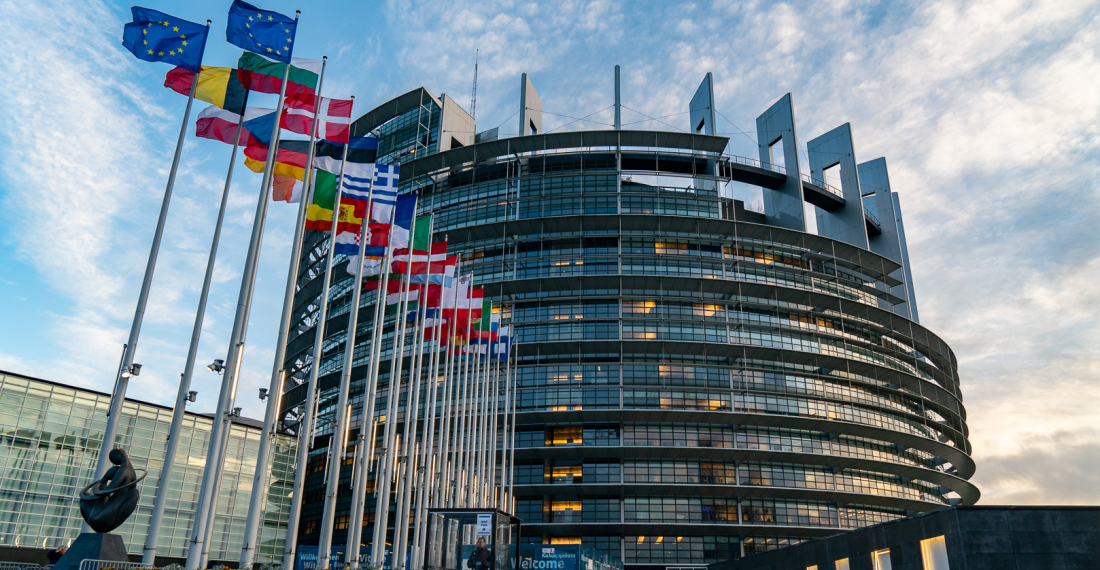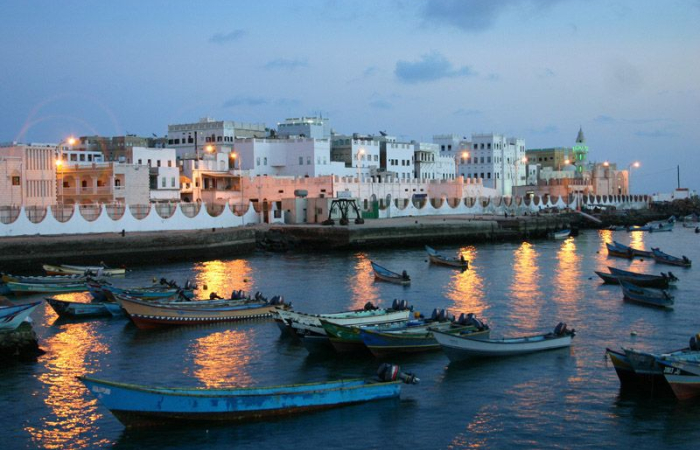The European Parliament has passed a resolution on Thursday (15 December) that recognizes the 1932-1933 famine in Ukraine, known as the Holodomor, as genocide. This was backed by an overwhelming majority of votes, with 507 in favour, 12 against, and 17 abstentions. The resolution also draws a comparison between this event and the current crimes perpetrated by Russia in Ukraine, and urges all governments and organisations to recognise the Holodomor as genocide.
Ukrainian President Volodymyr Zelensky has expressed his gratitude for this decision with a tweet. "Grateful for this important and fair decision. I hope for further recognition of the Holodomor as genocide by all civilised countries of the world."
It is estimated that between 3.5 and 7 million Ukrainians died due to this famine at a time when Ukraine was part of the Soviet Union. The resolution also accuses the current Russian regime of violating Ukraine's sovereignty, threatening to destroy its national identity, and causing a global food crisis by obstructing Ukrainian grain exports to the world's most disadvantaged countries. According to the parliament, "the laundering and glorification of the Soviet totalitarian regime and the revival of the cult of Soviet dictator Joseph Stalin have resulted in Russia being a state sponsor of terrorism today".






